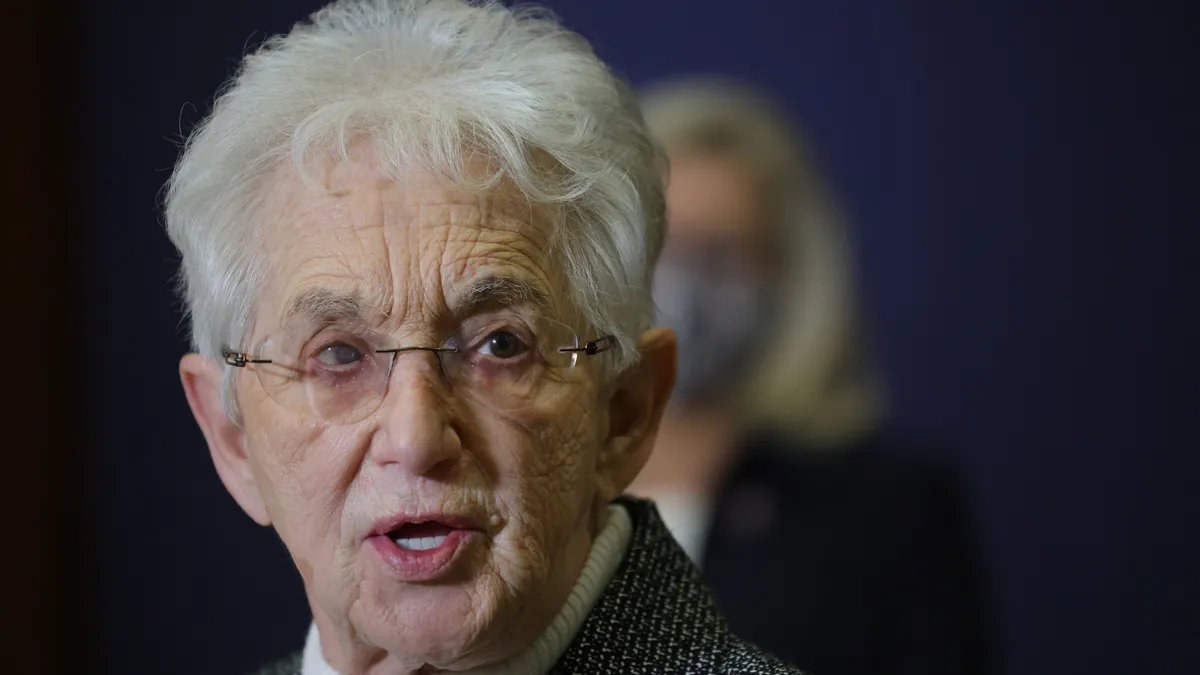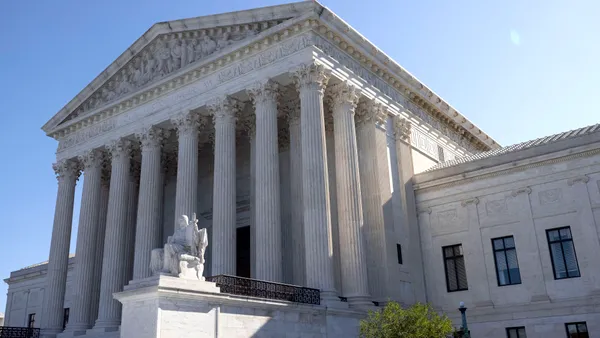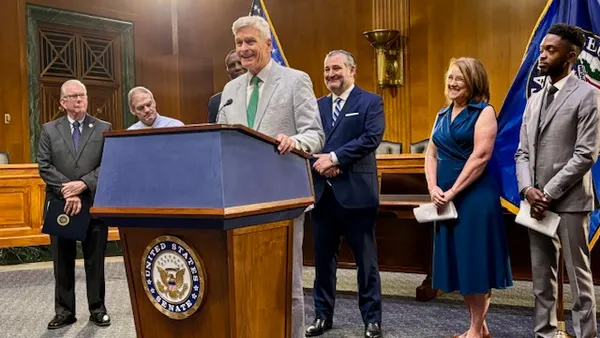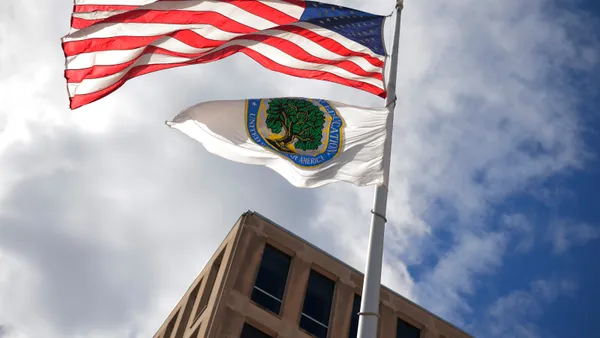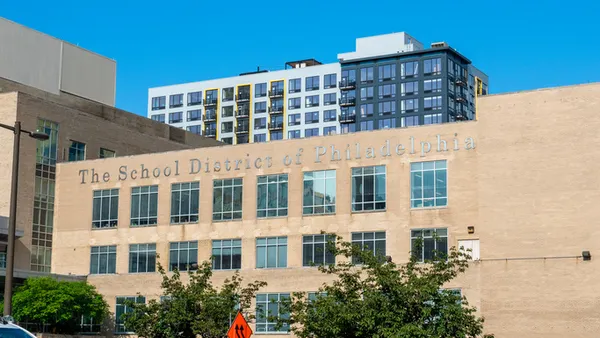Rep. Virginia Foxx, R-North Carolina, chair of the House Committee on Education and the Workforce, sent a letter to the U.S. Department of Education on Thursday questioning its updated guidance on religious expression in schools. Foxx said the guidance could "undermine students' rights, create ambiguity, and lead to schools infringing on the religious freedom of students."
In May, the Education Department updated its guidance to say, "Teachers, school administrators, and other school employees may not encourage or discourage private prayer or other religious activity.”
The guidance was modified in light of a 2022 U.S. Supreme Court decision over a football coach's prayer on the 50-yard line. Kennedy v. Bremerton, which was decided in favor of the coach, was expected to have major implications for how districts nationwide manage staff's religious expression or prayer.
That case was "a nightmarish ruling for districts," said Sasha Pudelski, advocacy director for AASA, The School Superintendents Association, when the decision was released last year. Pudelski predicted the case would "upend the secular public school environment, potentially leading to countless unintended mistakes by administrators and superintendents.”
At the time of the updated guidance’s release, Education Secretary Miguel Cardona said that part of the Education Department's goal was to clarify that confusion and "reaffirm our students’ freedom of religion.”
However, the department added language that affirms students’ religious speech only if “not…disseminated under the school’s auspices," a decision that Foxx called "ill-advised."
"This new language raises the possibility that a student may have to remove all religious expression from his or her speech if the school disseminates the student’s message," said Foxx.
Additionally, Foxx asked if the department believes that religious speech may be censored under the new language and whether its guidance was reviewed by the U.S. Department of Justice.
In a statement to K-12 Dive, Foxx said she is asking Cardona "to clarify that students’ personal religious speech is not subject to censorship.”
She is asking Cardona to respond by Nov. 16 to the letter, which a committee spokesperson said is a stand-alone request and not part of a larger probe into the department.
Foxx's worries over religious censorship come as schools, parents, students and lawmakers are split nationwide over other censorship issues related to race and LGBTQ+ topics.
On one side, parental right advocates and conservative policymakers say that censorship is part of parents' rights to raise their children how they see fit. On the other hand are LGBTQ+ students, students of color, and diversity advocates who say their identities are being stripped from the curriculum and school culture.
The letter also comes as public school advocates worry that the lines between church and state are becoming increasingly blurred on issues like prayer, as well as taxpayer funding of religious schools.



